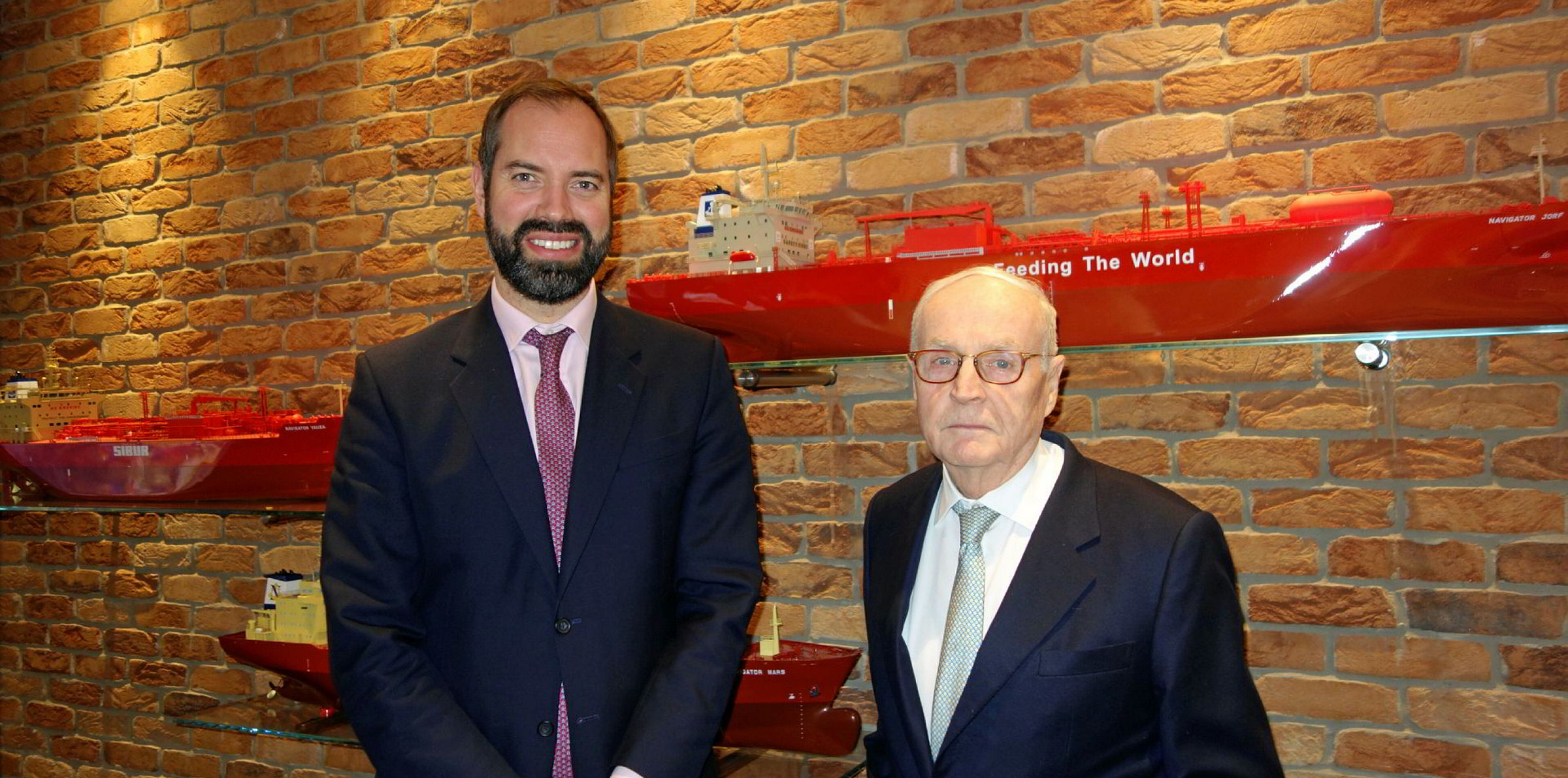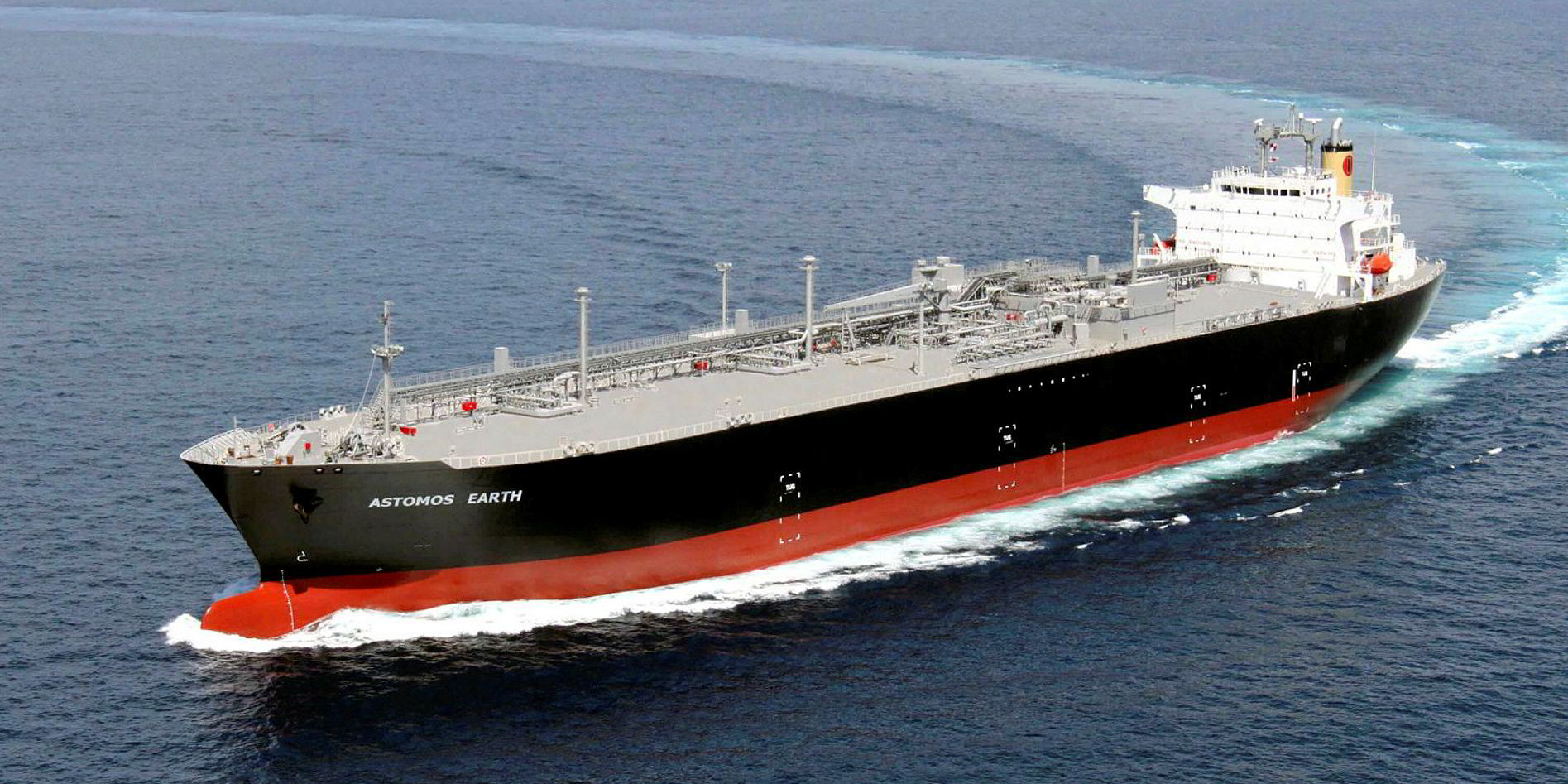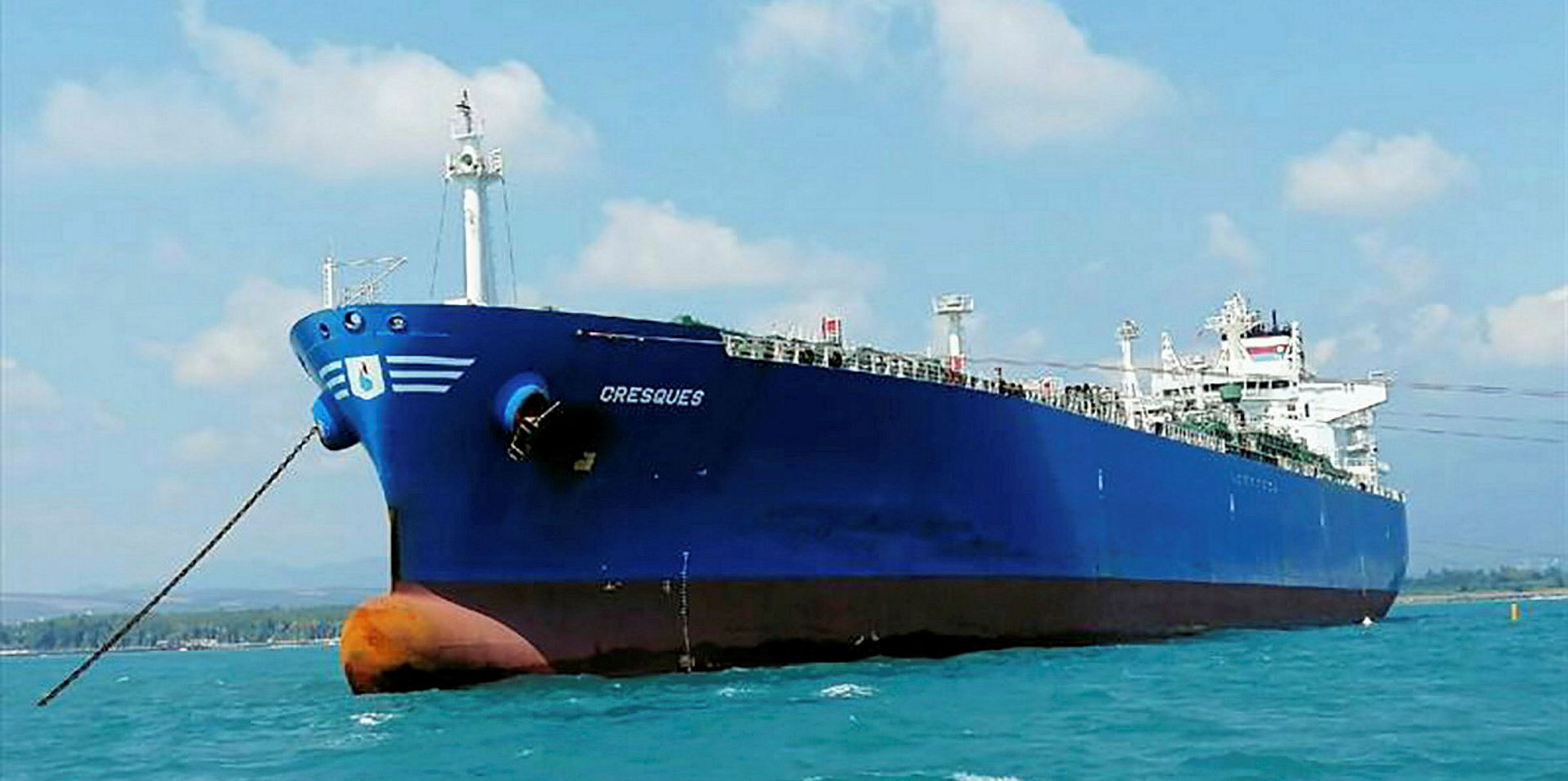US investment bank Jefferies is backing Navigator Holdings to benefit from rising domestic ethylene and propane exports.
After hosting several virtual meetings with the US-listed company's management, analysts Randy Giveans, Christopher Robertson and Chadd Tribo said shipments will increase as the US Gulf Coast recovers from Hurricane Laura.
There will also be bigger demand from the upcoming Repauno and Pembina export terminals and minimal handysize LPG carrier fleet growth in the coming years.
US ethylene exports were negatively impacted during August and September due to the storms that shut in US Gulf oil and gas production, as well as ethylene output in the Lake Charles area.
Management told Jefferies there was no significant damage to these ethylene production facilities and electricity has been restored.
As a result, the US ethylene export market should rebound in the fourth quarter as production stabilises and Navigator's storage tank at its joint venture terminal with Enterprise Products Partners is completed.
"Additionally, management expects the Repauno LPG export terminal to start in the fourth quarter, adding incremental demand of three to four handysize LPG cargoes per month," the analysts said.
Pembina's Prince Rupert export terminal is set to come online during the first half of next year.
Cargoes to be added
This will add another four to five handysize cargoes per month, the company believes.
Navigator remains the "dominant" player within the handysize LPG market, having 30% of the world fleet, Jefferies said.
The orderbook is extremely low with just two ships scheduled for delivery in both 2021 and 2022, the investment bank added.
Only three shipyards in the world — one in South Korea and two in China — have the know-how to construct ethylene carriers, and any newbuilding orders would take two years to deliver, Jefferies said.
Navigator bosses believe fleet growth will remain extremely low given the current orderbook and the fact that nine ethylene-capable ships are entering into the "recycling zone" in terms of age in the coming years.
The company's Gulf Coast ethylene export terminal venture with Enterprise exported its first cargo this year.
Throughput contracts started in June, with exports reaching 60,000 tonnes to 80,000 tonnes per month in June and July.
"Although exports have fallen recently due to the aforementioned storms, management still expects its new storage tank to be completed during November and December, triggering the start of phase two," the analysts said.
Navigator executives said the terminal came in on time and under budget and is exceeding performance expectations.
Take or pay
The company has so far sold about 95% of the terminal's capacity on take or pay contracts, meaning it gets paid even if buyers don't take delivery of cargoes.
Last month, the shipowner refinanced a $100m bond which was set to mature in February 2021 with a new $100m issue in Oslo expiring in 2025.
The offering was oversubscribed by 65%, the company told Jefferies, with 47% of participants rolled over from the previous bond and 53% being new investors.
The company now has a strong balance sheet, the investment bank said, with no debt maturities in 2020 nor 2021, and only $50m of debt maturities in 2022, Jefferies said.
The investment has a buy rating on the stock, with a target price of $12, against a closing price of $8.78 in New York on Monday.






